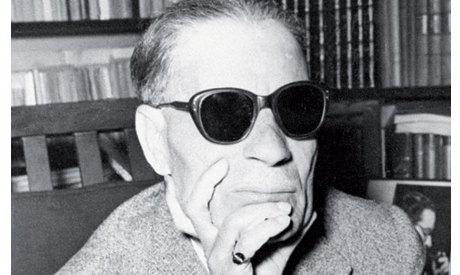On June 25th five bombs were detonated around the
city of Cairo. The timing of the bombs have lead investigators to believe that
it was a coordinated attack but since no one has claimed responsibility they cannot
know for sure. There were no fatalities in the explosions but six people were
injured. Four of the five primitive bombs were detonated in subway stations and
the fifth was detonated under a car in front of a courthouse. Since the recent
election of President Abdel there has been a relative calm over Egypt and this
was the first attack to break that streak. The Interior Ministry quickly
accused the Muslim Brotherhood of the attacks because they were an extremist
group that backed the former President Morsi. The Brotherhood has been labeled
a terrorist group by this new military backed government and there have been
numerous arrests dealing with protests that they have linked to the
Brotherhood.
http://www.nytimes.com/2014/06/26/world/middleeast/cairo-explosions-end-postelection-peace.html?_r=0
On June 30th two police officers were killed
outside the presidential palace while attempting to diffuse a number of bombs
planted around the area. The “Soldiers of Egypt” militant group foreshadowed
these attacks (around this location in particular) and claimed to have aborted them
but were unable to remove the bombs in time. This day is known to many
Egyptians as their “second revolution” because it marks the first anniversary of
the protests that eventually lead to the downfall of their former president.
Many militant groups have engaged in these attacks since July of last year
claiming that they are in response to the criminal acts of the new regime and
have marred numerous high-profile events in the process.






